How to Pass IELTS Exam in First Attempt: I’m sure many of you are starting to get ready to take your IELTS test. Well, you’ve come to the right place, because in this article, we’ll be discussing how you can pass the IELTS exam on the first attempt. The very first thing you want to do is download the IELTS goal setter, which you can easily get for free on google or you can make is yourself on your notebook.
In this goal setter, you can write in daily and weekly IELTS Preparation goals. And there’s also a checklist where you can put in more specific tasks that you should complete before test day.
How to Pass IELTS Exam in First Attempt
In this article, we’re going to be looking at 10 things you can do in 2024, to make sure that you get the score you need on test day, and I’m going to show you the most up-to-date high-quality resources you can use to prepare properly. I am going to introduce you top 10 tips, and these tips can make huge diffrence in you IELTS perapration:
- Set Clear Goals
- Understand the Test
- Get Help
- Build Strong Reading and Listening Habits
- Focus on Meaningful Vocabulary
- Learn From Your Mistakes
- Improve Grammatical Accuracy
- Get Deliberate Practice
- Sleep
- Stay Positive
I am sure after working on these tips you will be able you get your desired IELTS score in first attmept.
Tip 1: Set Clear Goals
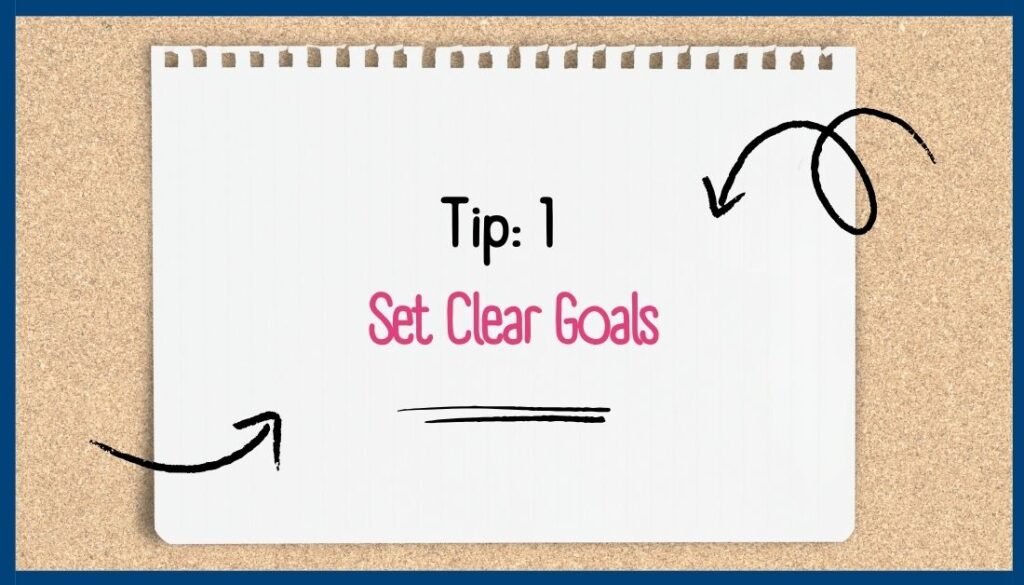
Now you might be planning on taking your IELTS exam in a few weeks, in a few months, or maybe even late this year. Whenever that is you’re going to want to be prepared.
So the first thing you want to do is set clear goals. So this takes a few steps: First, identify the score you want, then figure out where you are now. You can do this easily by taking a mock test. If you’re at a six and you need to get to a seven, for example, you then need to figure out what it will take to reach your desired goal. Only you will know what it is you need to do to get that desired score. But here are a few examples that you could write down.
For example, For a listening test, it could be, do one listening practice test every two weeks, or for writing, it could be, to practice using a wider range of sentence structures, or reduce your grammar mistakes by 50%.
As I said, getting feedback from a mock test or from a teacher is the best way to find out what exactly your goals should be.
Tip 2: Understand the Test
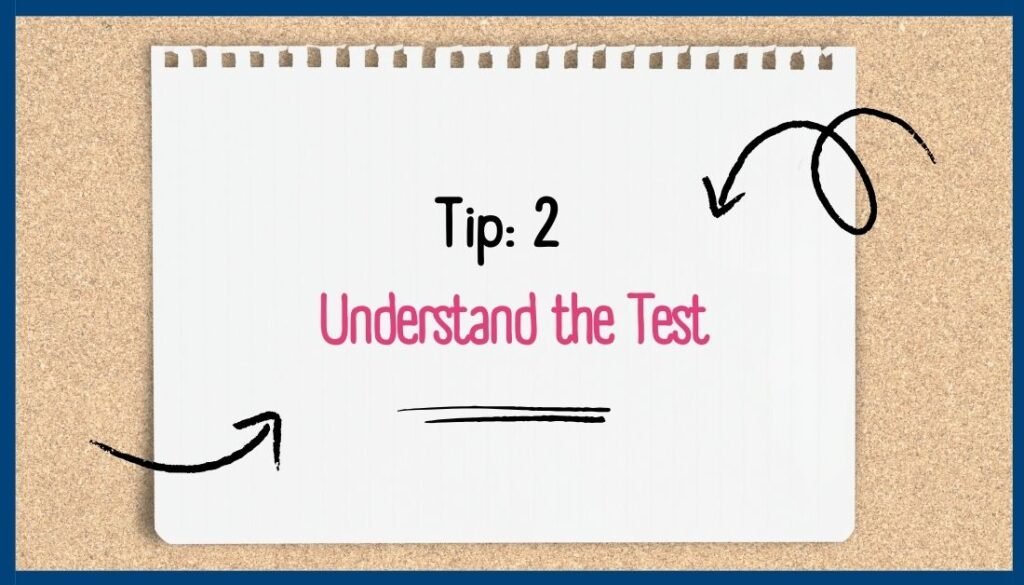
My next tip is to make sure you fully understand the test. Even native speakers or highly proficient English users will need to understand what they need to do on test day.
For example, when you see a true false not-given reading question like this: do you immediately know what to do and how to correctly answer the question?
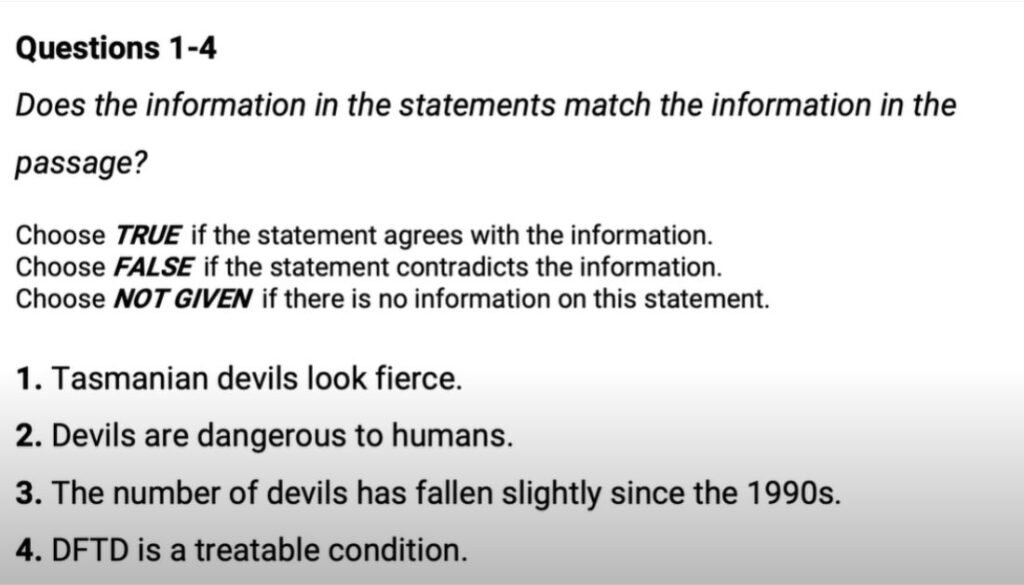
Or for a multiple-choice question like this one? Are you familiar with how to eliminate the incorrect options and find the right one?
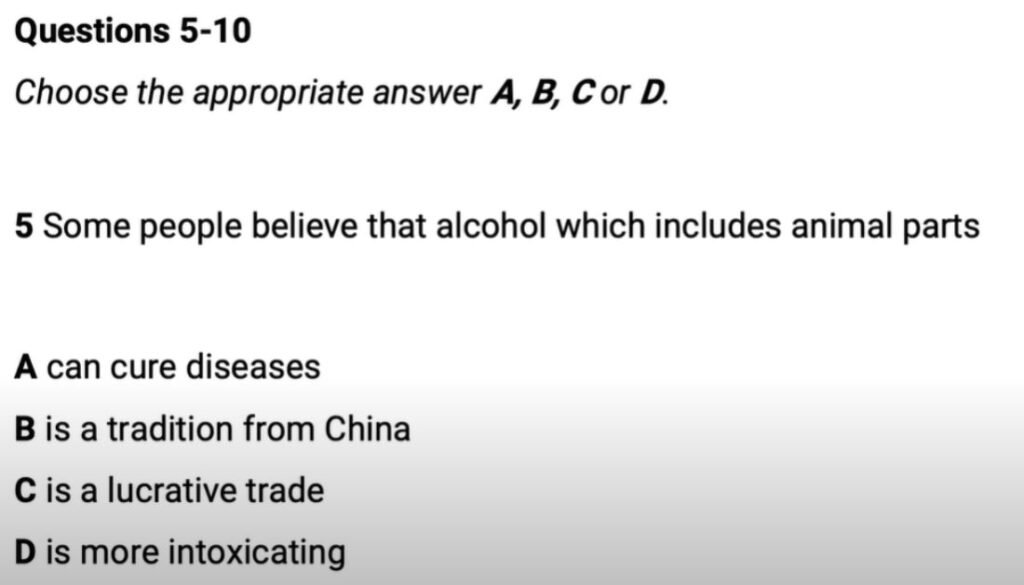
The best way to understand the test from top to bottom is to get access to a large amount of practice questions so that when you see a question on test day, you’re not wasting your time figuring out what you need to do. [how to pass ielts exam in first attempt]
Even if you’re familiar with the test, you’re still going to want to practice, so definitely write somewhere in the checklist section of your goal setter, “Find and complete practice questions.” As you learn more about the test you can even get more specific with your goals by focusing your attention on certain tasks like sentence completion or map labeling.
Tip 3 Get Help
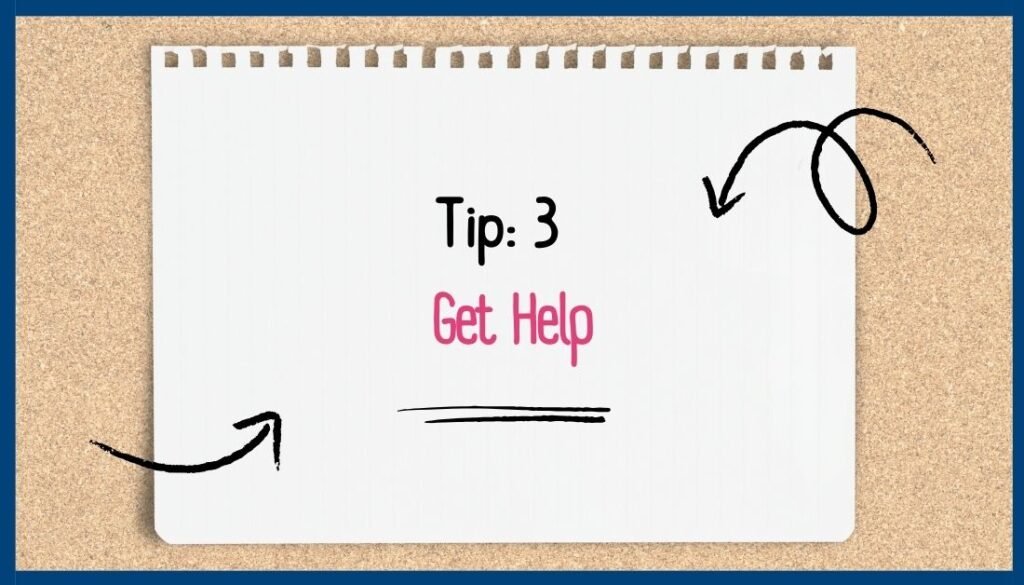
My third tip is to get help. It’s very important to find allies before you take your test to find people who can help you improve. Now there are a few ways you can do this. You might know a good IELTS teacher who you can get in touch with. But there are also some great places you can go on the internet.
- Of course, you can check out the official IELTS Website. Here you can practice all IELTS Modules and you will find some free stuff to prepare for your IELTS exam.
- If you’re looking for more teacher interaction, though, you can check out TeacherOn and register for one-on-one tutorials with one of the expert teachers.
- You might even have some friends who have taken the test, it’s definitely worth asking them for preparation advice.
Tip 4: Build Strong Reading and Listening Habits
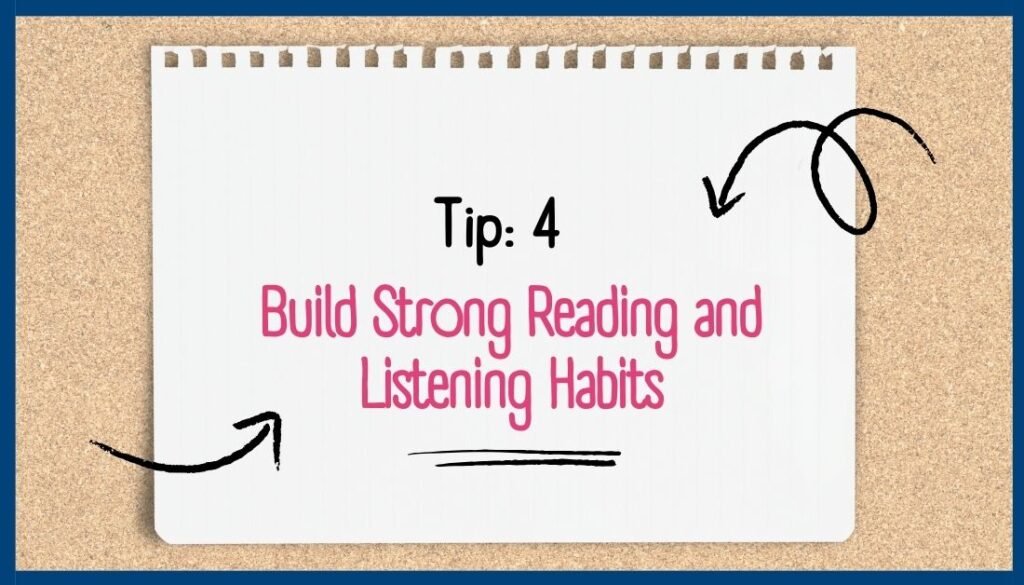
This next tip is important. Build strong reading and listening habits. If you’re in a situation where you’re not interfacing with the language regularly, this is going to have a big impact. In fact, it’s usually one of the first things I ask my students about when I start teaching a class. Now, if you use English regularly in your work or in school, then this might not be a priority. But if your scores are currently around a six or lower, you will definitely want to build or strengthen these habits.
Reading and listening really help in all areas. The more regularly you are exposed to authentic and accurate language forms, the faster you will improve.
Proficient users of English use a wide range of internalised habits to make their ideas clear. They stress certain words. They clarify ideas with specific phrases in both writing and speaking. You definitely want more exposure to this. The more exposure you have to this, the faster you’ll begin to internalise those structures and words.
As for Reading habits: My advice for building reading habits is this, read the news. This could be the BBC News or Al Jazeera English. Newspapers or news apps have articles on health, environment, technology, and business which will expose you to a wide range of useful ideas and language. You can even read about more fun topics like sports, movies, and art. All of these topics could appear in an IELTS exam.
Recently, I had a student who wrote this sentence about athletes’ salaries in one of my classes. “Athletes are exposed to high-level risks, including career-ending injuries, such as concussions or severe knee sprains.“
Note how they have used very specific health vocabulary, concussions, severe knee sprains, but also note these three words, career-ending and injuries. Those are three intermediate words that become advanced when you put them together in the topic of sports and health because they are specific to the topic. [how to pass ielts exam in first attempt]
Honestly, it’s near impossible for teachers to predict what exact vocabulary you’re going to need on test day, and lots of students try to memorize lists of vocabulary and, well, if that helps you, that’s fine, but I would always prioritise strong reading habits as they are going to help improve reading speed, comprehension, as well as vocabulary and grammar range and accuracy for your speaking and writing.
As for listening habits, here’s my advice. Listen to news, radio or podcasts. I strongly recommend checking out the BBC, CBC, which is in Canada, or ABC National Radio, which is an Australian radio station. I find that the announcers at these companies have the most professional and clearest pronunciation. They’ll model sentence stress and intonation in a very intentional way.
Now, if you’re looking for a good podcast for grammar, vocabulary, or pronunciation, my first recommendation would be to check out the podcast Everyday English with E2. They are short and they have lots of great ideas on how to make small improvements to your English so you can pass your test in no time.
One thing to listen for in podcasts or on the radio is something called sentence stress. I find this is the biggest pronunciation hurdle for most students. Now let me be clear, it isn’t about accent. It’s about stress and intonation. You don’t have to sound just like a Canadian or a Brit or an Aussie. But to make your ideas clearer and more precise, you will need to emphasise words in a deliberate way.
The more you listen to sentence stress, in podcasts and on the radio, the more you’ll be able to naturally use it in your speaking. So building these listening habits is super important. Even 10-15 minutes every morning can make a big difference.
Tip 5: Focus on Meaningful Vocabulary
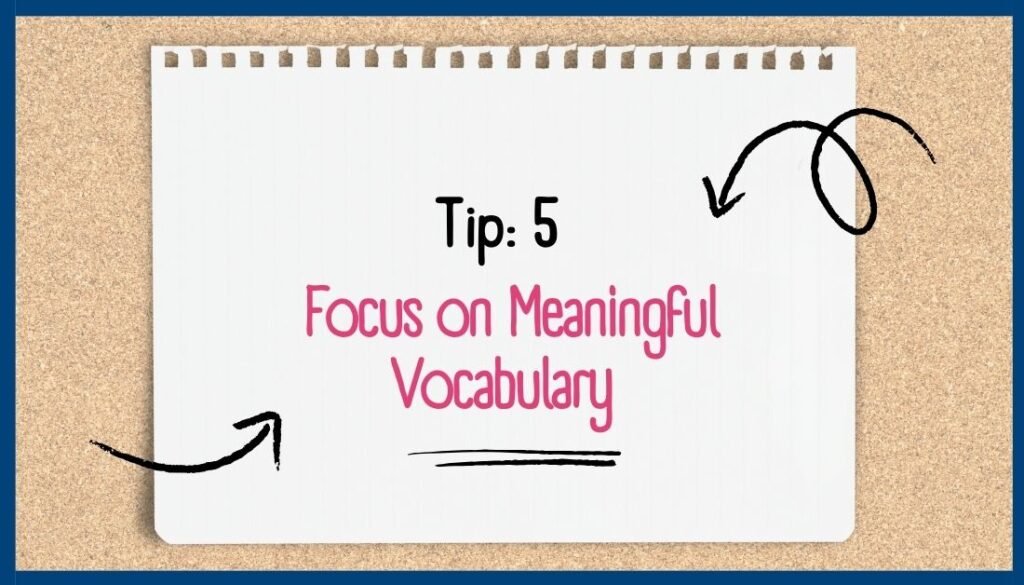
Let’s move on. Tip number five is to focus on meaningful vocabulary. Now this is where things can get a little contentious in the world of IELTS teaching. What vocabulary should I use?
In terms of vocabulary, what should the focus be? My advice would be to focus on topic-related vocabulary. On the topic of health or sports words like diet-related disease, or career-ending injury, or for public transport, receive government funding, quality infrastructure projects, or immediate public benefit. These are the kinds of words and, believe me, there are plenty more, that help you be specific when specificity is needed.
Now, there are some other people out there giving advice to use fancy-sounding words all the time. And to that I say if you use these words, please make sure you use them correctly and meaningfully. But honestly, if you’re aiming for a high score, more precise, and topic-specific words are probably a better investment of your time. [how to pass ielts exam in first attempt]
Tip 6: Learn from your Mistakes
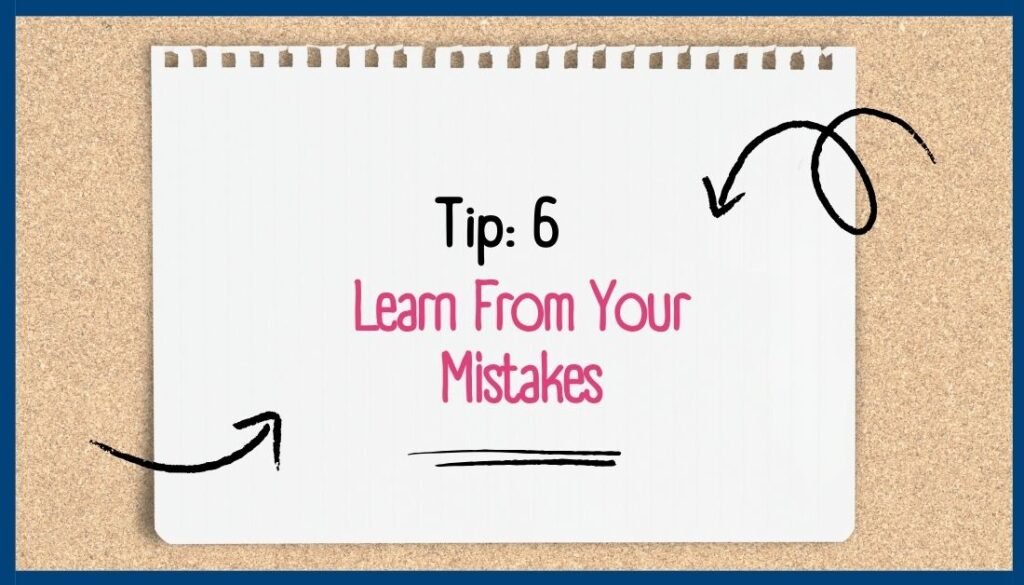
Next tip, learn from your mistakes. This is one of the most important things not just for IELTS but for life. If you make a mistake, don’t get upset, don’t feel down, look at the error, figure out why it happened, internalise the lesson. This is for all parts of the test.
IELTS Reading test: For example, If it’s the reading test, and you get a true false not given question wrong, figure out why you were wrong and understand why the right answer is right.
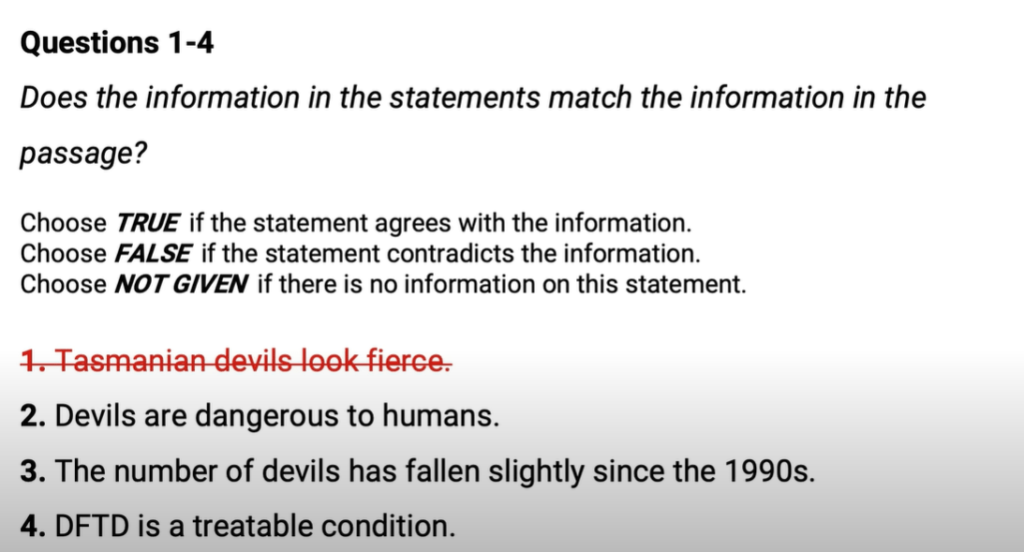
If it’s the multiple-choice question and listening, figure out why you were wrong and understand why the right answer is right.
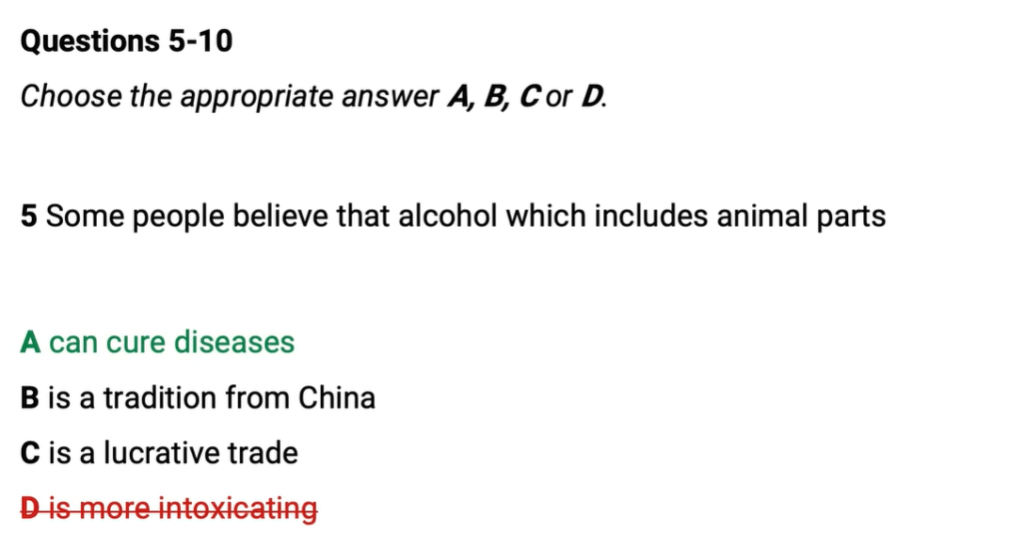
It’s okay to make a mistake. I know that sometimes when you do look at the question for a while, you just can’t figure it out. Well just let it go. Come back to it later. You’ll probably see where you went wrong. And that will help you improve confusion is a key part of learning. Not understanding is the first step towards understanding.
Now I also know some of you might be saying but Mark I make so many mistakes it will take forever to look at them all to which I will say yes it will. Trust me if you get 25 out of 40 in the reading test, and then you spend two weeks reviewing the mistakes and reading, you’ll do much better on the next test. Maybe there will be some questions you never fully figure out. But as long as you’re improving, who cares, keep going.
IELTS Speakign Test: Now, for speaking, you should probably write this into your goal checklist, get feedback. It’s hard to learn from your mistakes if you don’t know what they are. That’s why teacher support is essential.
IELTS Writing Test: As for writing, if your teacher is like me, very strict, you’ll get lots of red-coloured feedback.

In this case, look at the feedback and figure out how to stop doing whatever it is you shouldn’t be doing or start doing what you aren’t doing. If you aren’t organising your ideas clearly focus on that.
So if you are making grammar mistakes in your writing, you might put into your goal setter, write one task every week, get feedback, reduce errors by 50% in three weeks, and of course, you’ll have to do a fair amount of work to accomplish that. But, of course, writing it down is the first step in reaching that goal.
Tip 7: improve grammatical accuracy
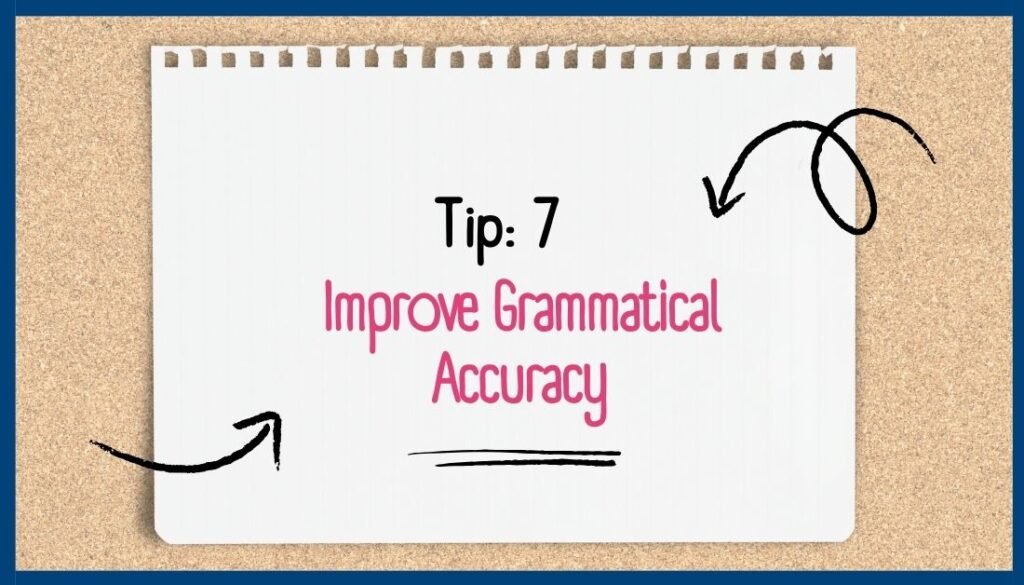
This leads to our next point. Tip number seven, improve grammatical accuracy. Now, this one can be a big challenge, grammatical and lexical accuracy. And it’s not something that you can fix in a day. But in a few weeks, you can improve a lot. When you look at something.
Students also read: 9 Common Mistakes in IELTS Speaking Test: Avoid These Mistakes
This graph comes from research done by Heidi Dulay, Marina Burt, and Stephen Krashen.

It shows how when kids and adults learn English, that they start to produce correct forms in a predictable order. So you can see down line that when learning English, people typically produce articles and irregular past tense correctly before third person singular, they don’t learn correct grammar instantly or because of perfect teaching. It’s acquired over time, which means that they consistently improve their accuracy with time input, output, and a little feedback. So let’s think about that basic grammar structure, the third person singular.
If you’re a native speaker, child or an adult English learner, you’ll likely start by formulating it incorrectly.

But over time, you’ll start to say it correctly sometimes.

and this frequency will increase until you’re mostly formulating it correctly, at which point it is acquired.

So it’s not about understanding or studying the correct structures. It’s about acquiring them or internalising the correct usage.
Of course, individually, the order might change. Some people might acquire these grammatical functors in a slightly different order, but it usually follows the order from the graph.
Now I know what you’re thinking, third person singular, I know what that is, I understand it. And yes, your brain understands it, but maybe your mouth doesn’t. So how do you acquire it faster? [how to pass ielts exam in first attempt]
Well, the more you read and listen, the faster you will produce correct grammar.
Tip 8: Get deliberate practice
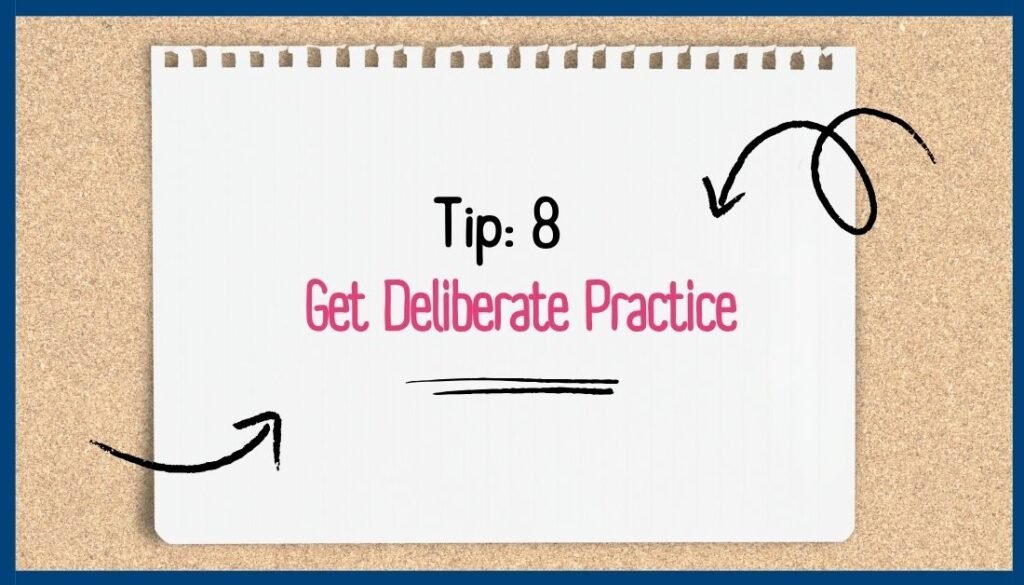
Deliberate practice is when you have a specific goal in mind with your study time. Let’s imagine you sit down with your writing feedback. The feedback says you’re making mistakes with your subject-verb agreements, and you look at your writing and you find the mistakes. You then take action to fix this one thing. You rewrite the sentences correctly. You review the grammar rules, you make new sentences using that grammar and maybe get someone to check them. You can also do this with your vocabulary.
Daily and weekly goal sheet: You write something like this into the goal setter, improve vocabulary. Learn 15 new words per week. And to improve grammar put new vocabulary into sentences or maybe fix singular-plural errors or use past tense properly when speaking.
Tip 9: Sleep
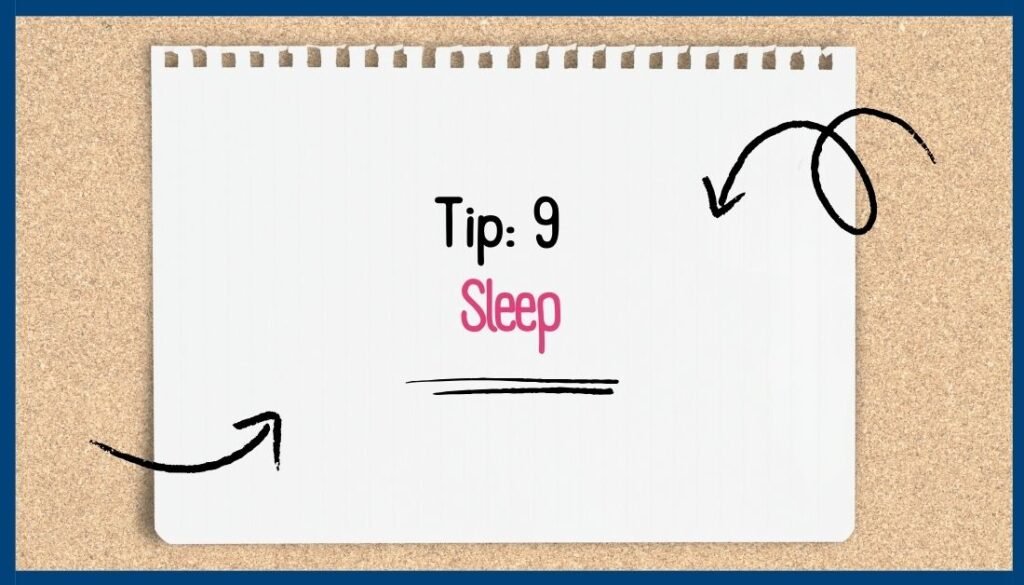
Let’s move on to tip number nine. And I know you’re gonna love this one. Sleep. Well, it’s true, you need to get as much sleep as you can. First of all, sleep is what allows your brain to transfer memories from short term to long term memory. So make sure you are optimising your sleep. Also, on test day, you definitely want to be well-rested. They have done so many studies on the effect of sleep and academic performance: The group that gets a good night of sleep does better on their memory recollection task. [how to pass ielts exam in first attempt]
Tip 10: Stay Postive
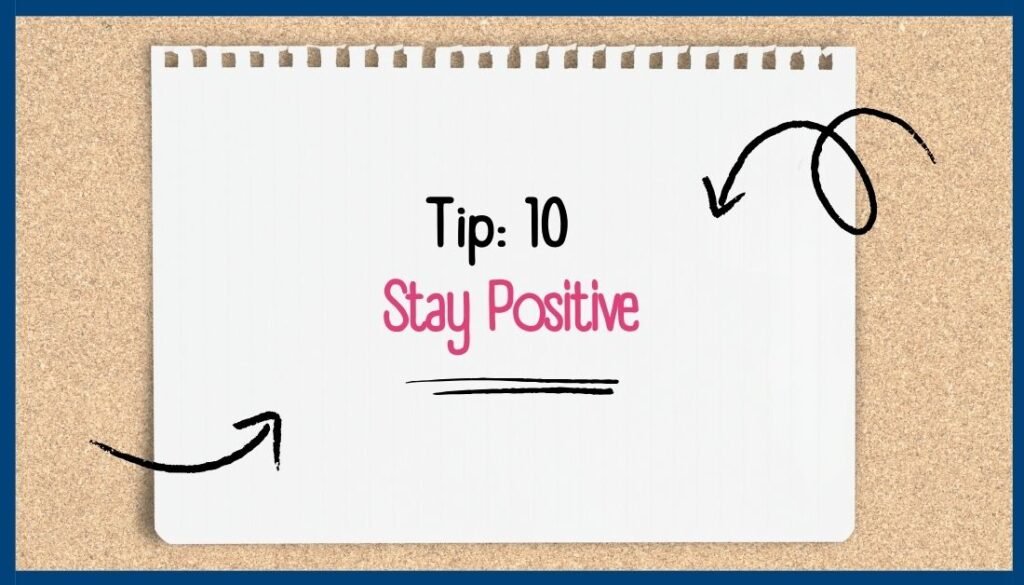
Okay, here is the 10th and final piece of advice. Stay positive. Don’t beat yourself up about forgetting things or making the same mistakes again, and again. This is normal. It’s part of the process. Anytime I make a mistake in one of the foreign languages that I speak, yes, of course, sometimes I get annoyed. But most of the time I remind myself that I am getting better. I’m better than I was before. And that I just need to review that mistake and the correct form again so that I will remember.
Every time you get mad at yourself, you just make it harder to learn. Every time you make a mistake, it’s actually an opportunity to improve. Decide how you respond, and you’ll decide how quickly you improve.
Conclusion
Well, there you go. That’s it for the topic ‘how to pass IELTS exam in first attempt’. Those are our top 10 tips for getting the IELTS score you want. You should always keep with your goal setter for the IELTS exam. Because you know your mistakes, you know your weak points, then you can work on them. Ans to work on them you need clear goals. You keep reminding yourself where you exactly need to work on. I hope you find these IELTS exam-related tips helpful.
Student also read: How to Improve IELTS Speaking From 5.5 to 7 Bands